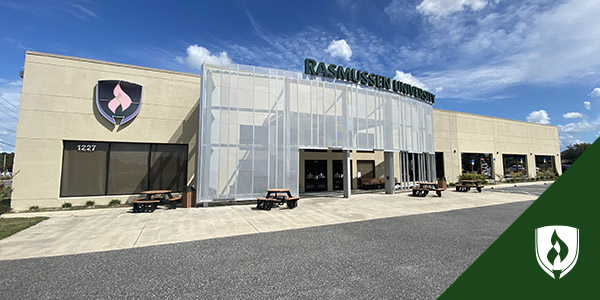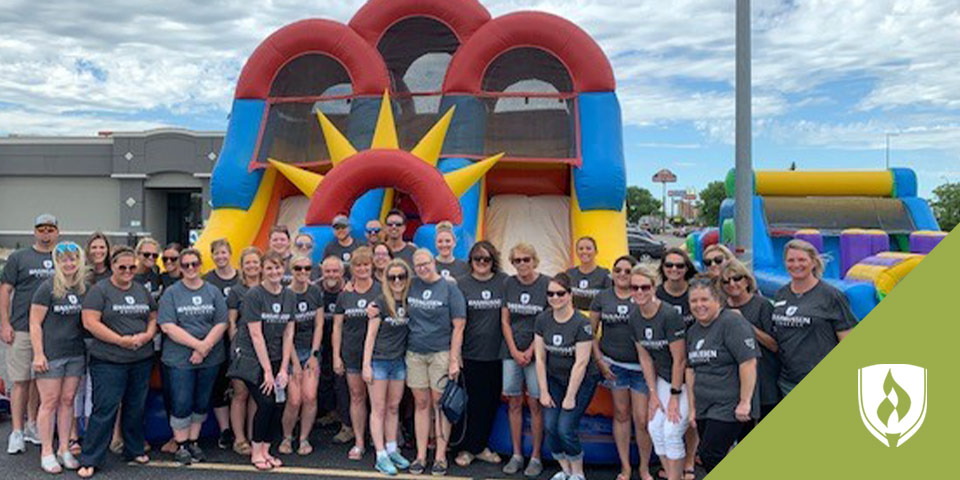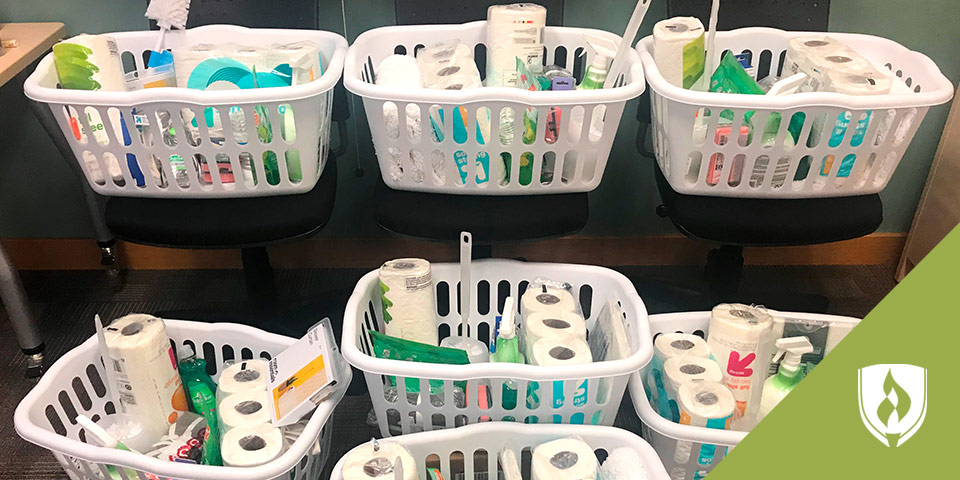.jpg)
Ashley and her friend Talhia Heroux were 18 years old when convicted drunk driver Anrietta Geske—driving in excess of 80 mph—slammed into the side of Heroux’s Buick on that fateful night six years ago. Both girls in the Buick died. Geske was convicted of five charges—including two counts of first-degree reckless homicide—and was sentenced to 80 years in the Wisconsin State Prison system.
Knetzger has shared Ashley’s story with more than 2,000 communities around the country, including high schools, community groups and law enforcement organizations. He shares her story in hopes of putting a stop to violent crimes and to motivate other law enforcement officers to continue making a difference in the lives of others.
“He sees that as one of his purposes in life—for change and community impact,” said Shauna Froelich, justice studies program coordinator at the Green Bay campus.
Knetzger’s presentation drew police and probation officers, justice studies and healthcare students, community members from the Marathon County Alcohol and Other Drug Partnership Council (AOD) and youth from the Marathon County restorative justice program. Froelich was really happy to see the youth justice program bring minors with traffic violations to the event.
The first part of Knetzger’s 3-hour presentation was primarily focused on the loss of his daughter, going through the 911 calls, the impact it had on his family, counseling and how he came back to serve as an officer.
Knetzger shared how he wanted to retire on disability due to the building stress and emotional pain. His counselor asked him the simple question: “What would Ashley want you to do?” Knetzger knew his daughter would want him to continue making an impact on the community so he returned to work 30 days after her death.
The second portion of his presentation focused on examining ethics and how to protect and serve a community. This portion of the presentation was more focused on law enforcement, but Knetzger made it a point to acknowledge the importance of everyone in the community coming together to protect one another and value life.
“The officers who investigated the crash that killed Ashley made a difference and allowed for justice,” Knetzger said. “The prosecution fought for us and prevailed. Justice does not bring Ashley back, but if we, the police, don’t fight for victims and speak for their loved ones, then nobody will. I have experienced the difference that police officers can make.”
Rasmussen College decided to feature Knetzger’s presentation at all three Wisconsin campuses due to the poignancy of the message. Froelich’s hope is that attendees will hear about his tragedy, but also his personal growth and journey to serve again as a police officer.
The college hoped it would attract a diverse group, and knew that anyone who sat and listened to his story would be impacted.
“For law enforcement students, we wanted them to think about why they are choosing to serve. The answer is to help others,” Froelich said.
Knetzger is scheduled to give his next presentation at the Topeka campus on March 3 from 5-7 p.m. followed by a presentation at the Overland Park campus on March 4 from 2-5 p.m.
.jpg)





